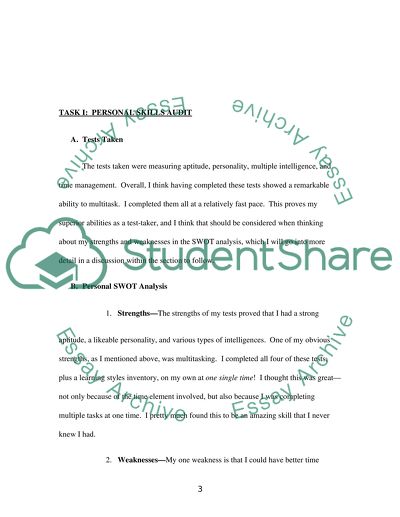Cite this document
(“Personal SWOT Analysis Essay Example | Topics and Well Written Essays - 2500 words”, n.d.)
Retrieved de https://studentshare.org/psychology/1392406-personal-and-professional-development
Retrieved de https://studentshare.org/psychology/1392406-personal-and-professional-development
(Personal SWOT Analysis Essay Example | Topics and Well Written Essays - 2500 Words)
https://studentshare.org/psychology/1392406-personal-and-professional-development.
https://studentshare.org/psychology/1392406-personal-and-professional-development.
“Personal SWOT Analysis Essay Example | Topics and Well Written Essays - 2500 Words”, n.d. https://studentshare.org/psychology/1392406-personal-and-professional-development.


